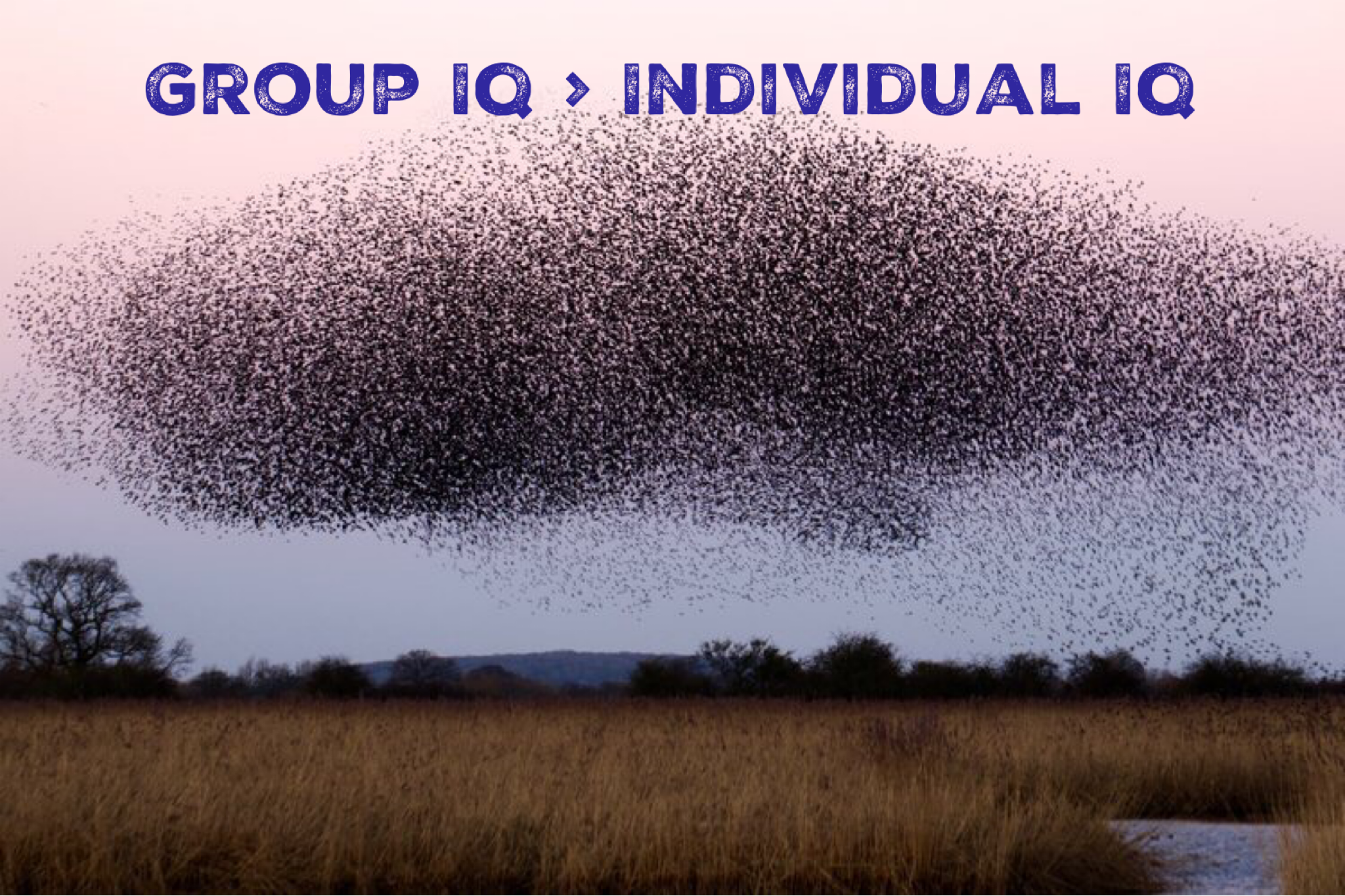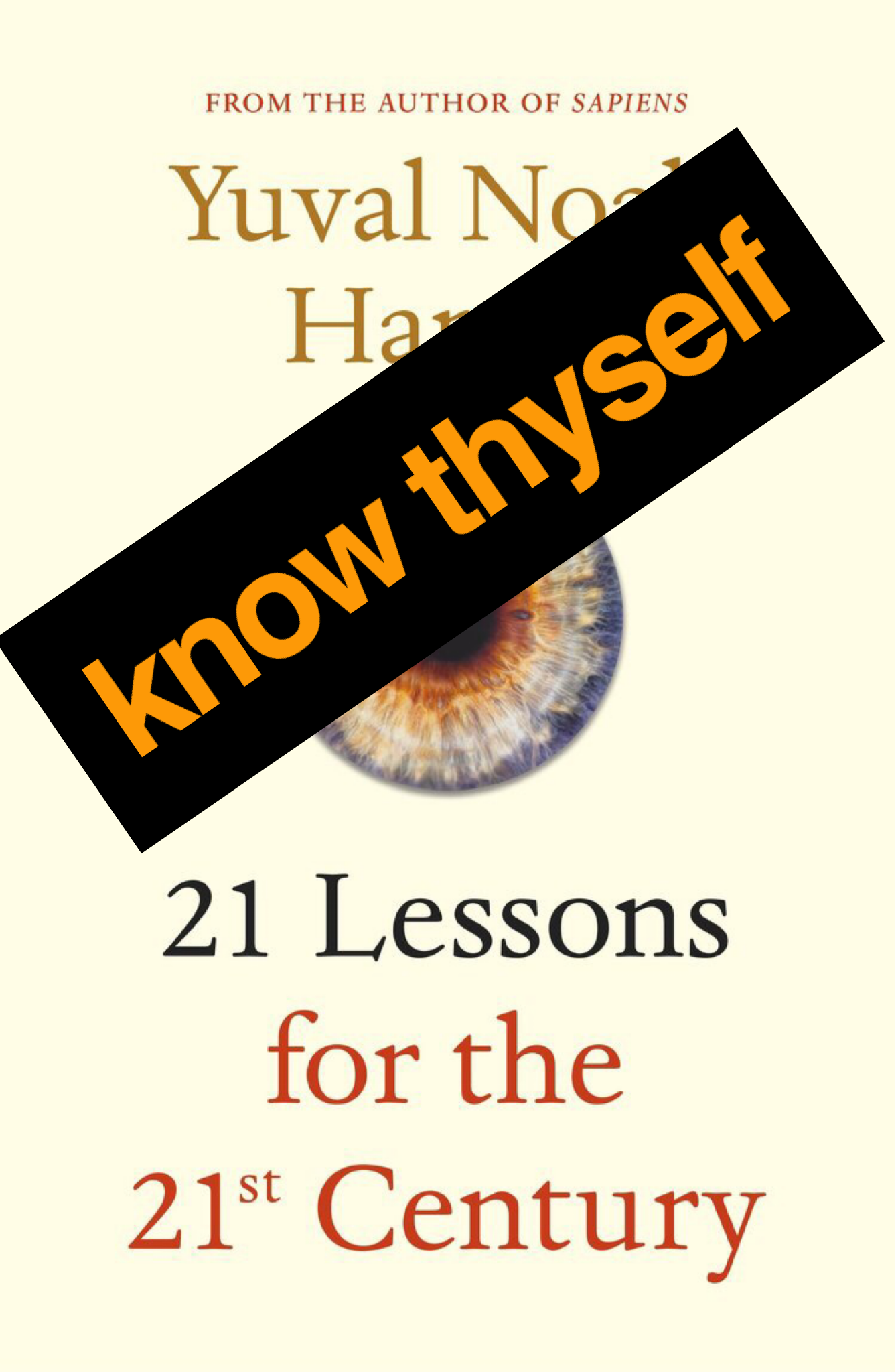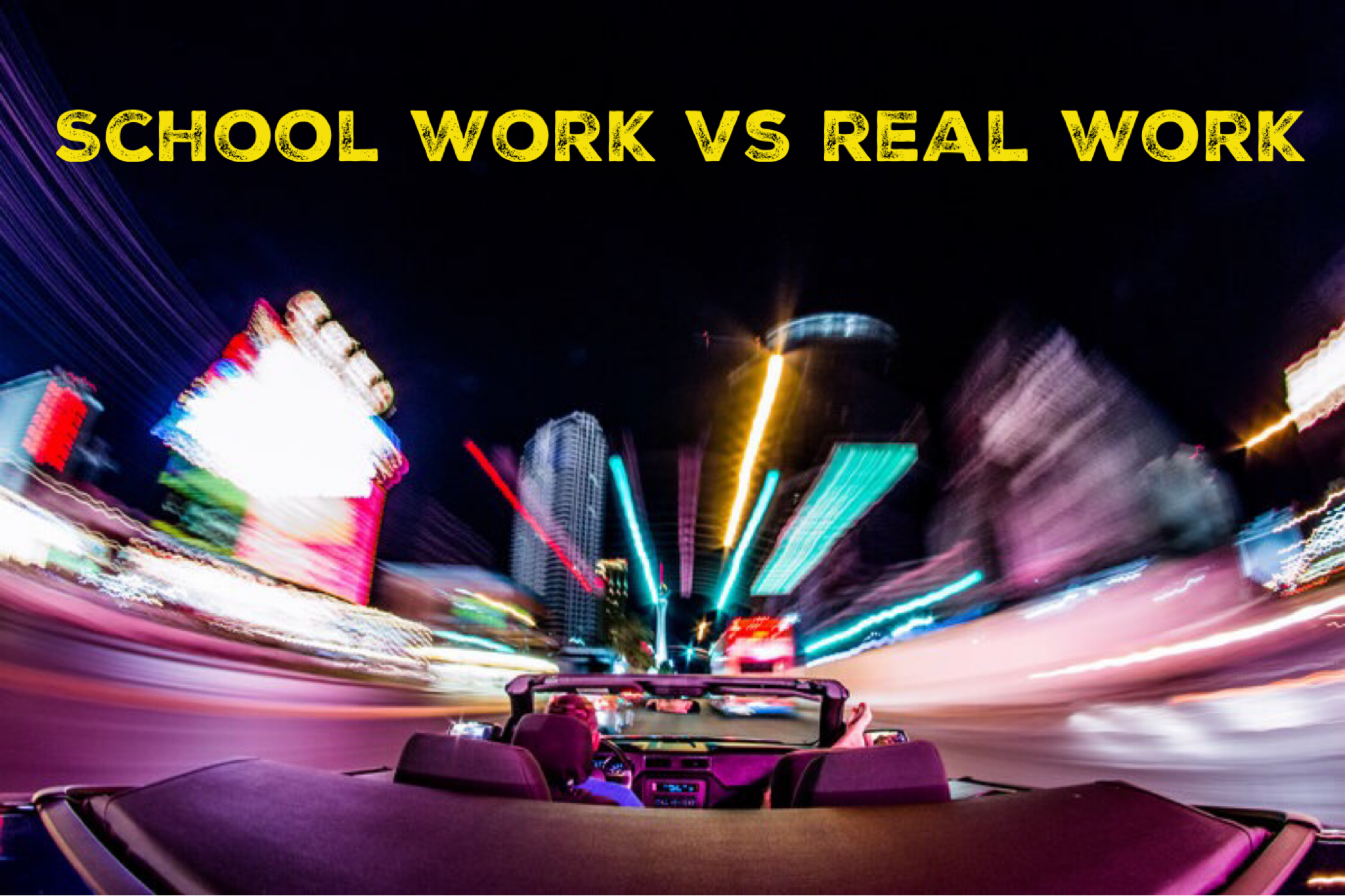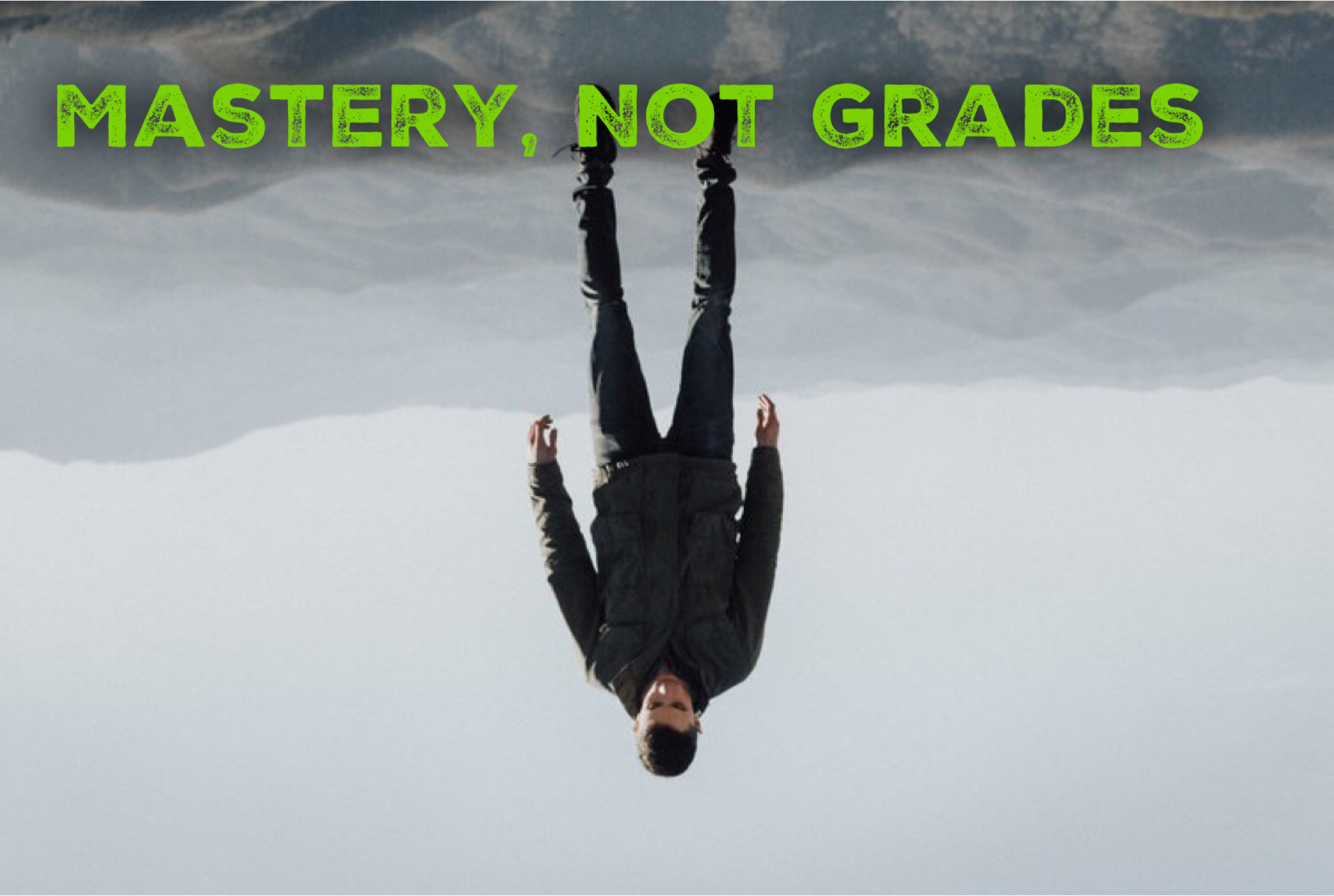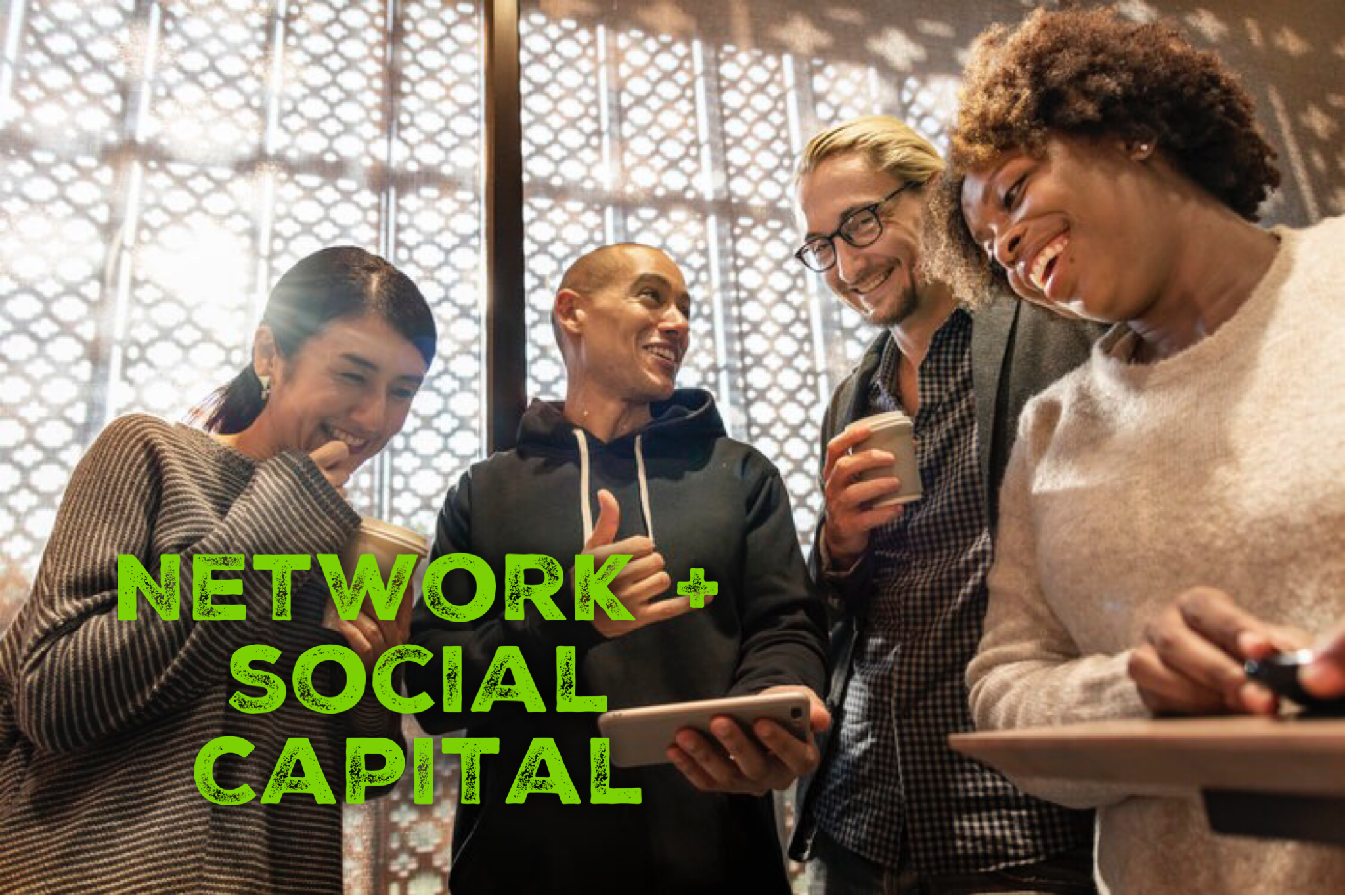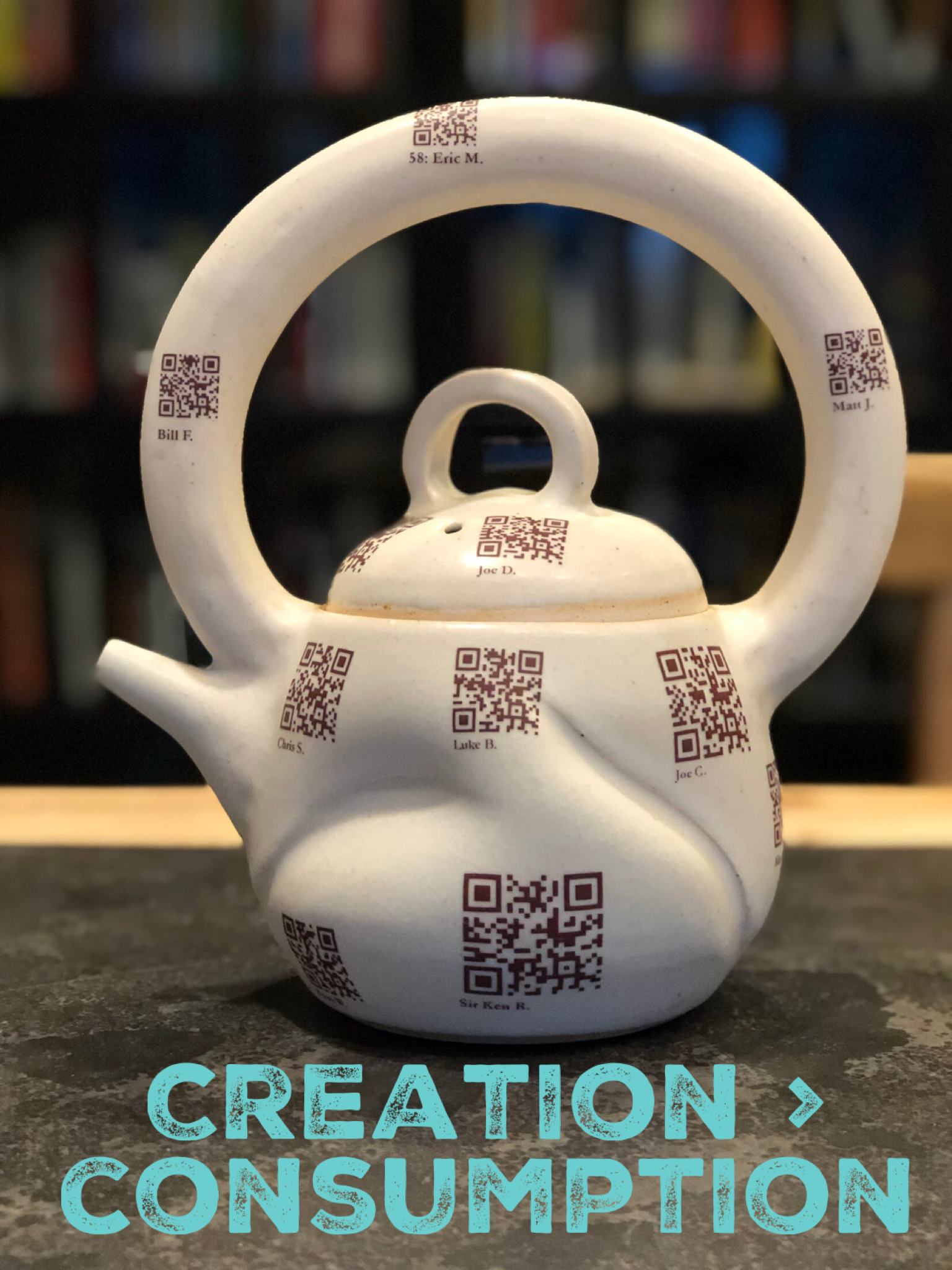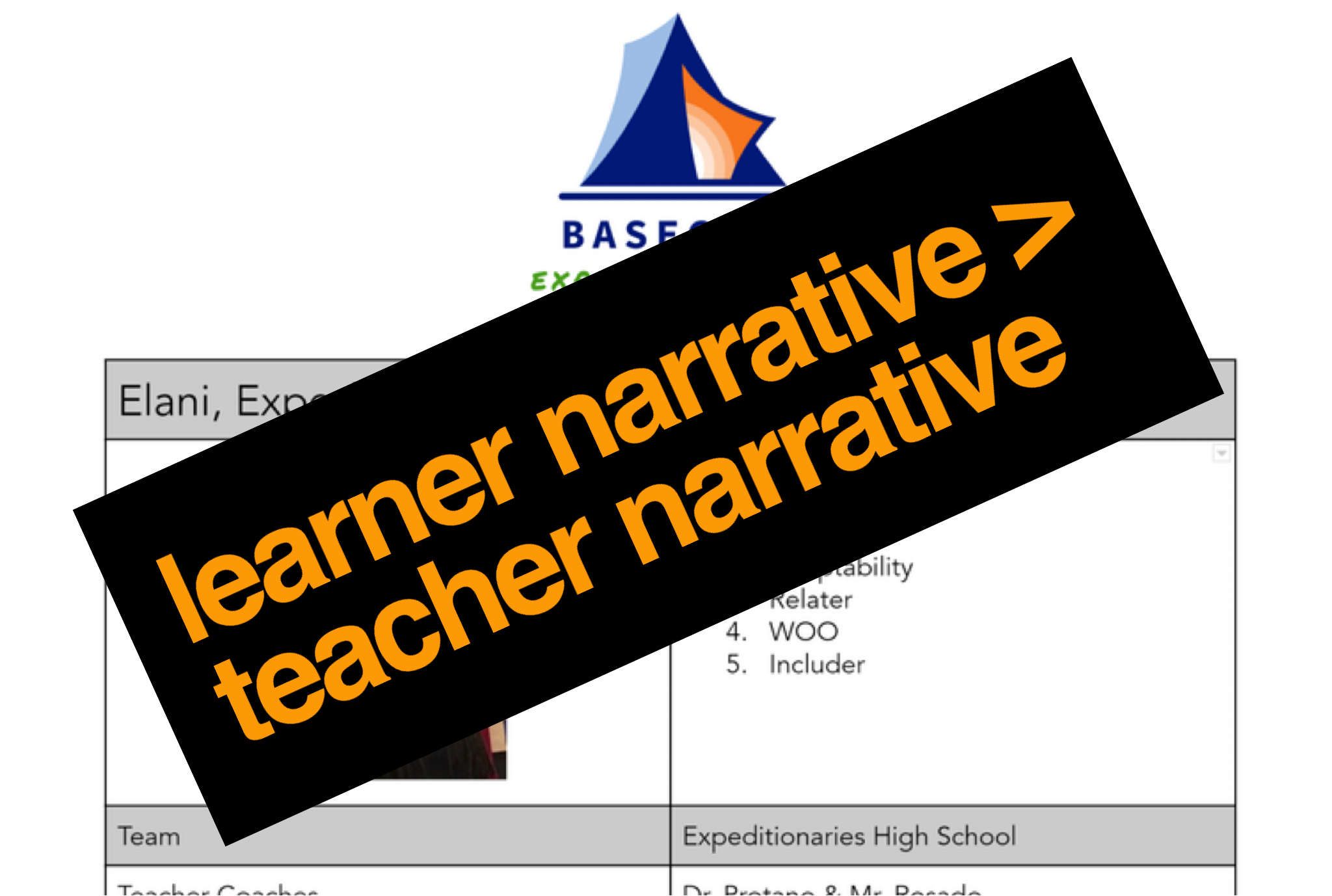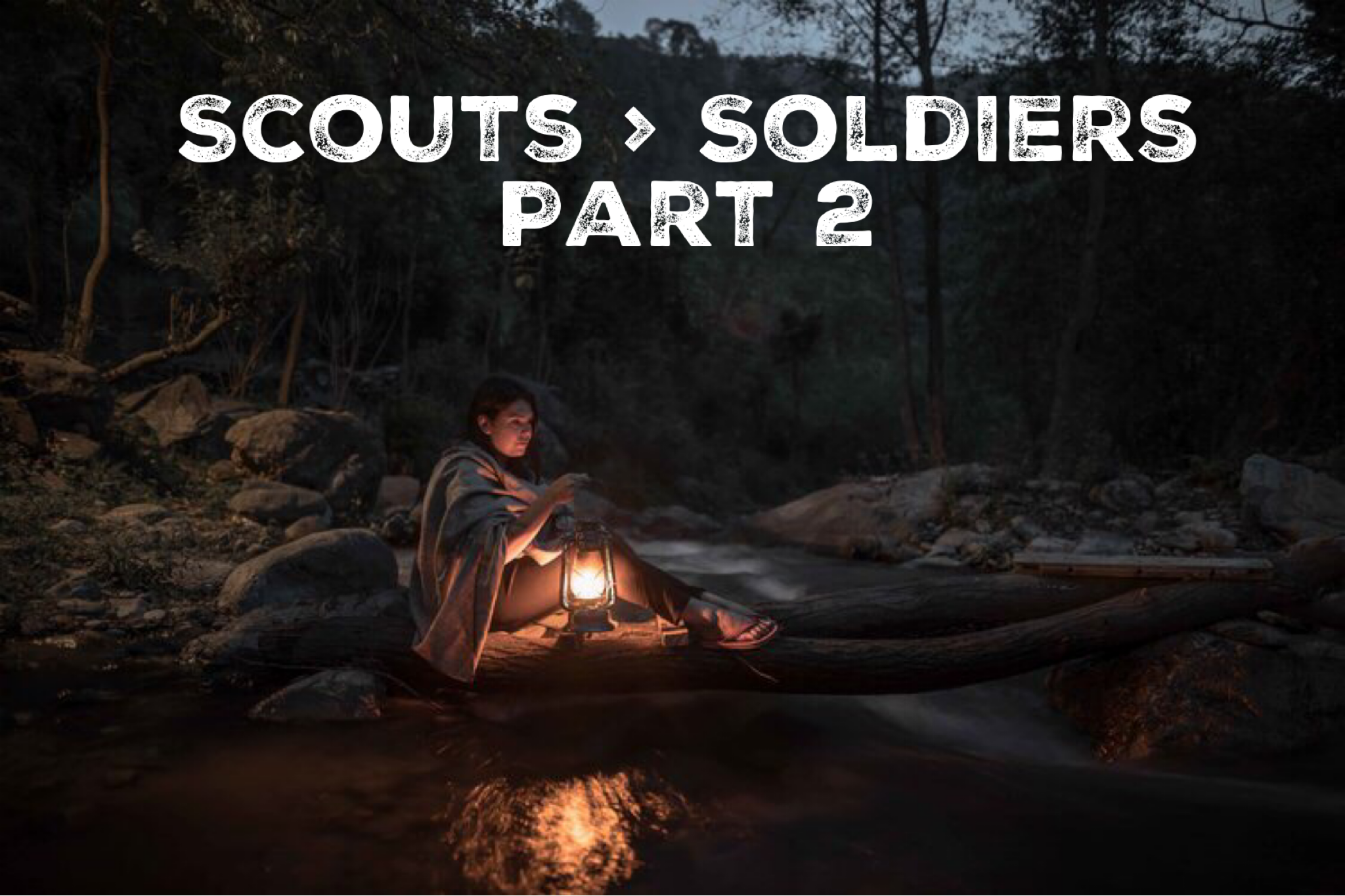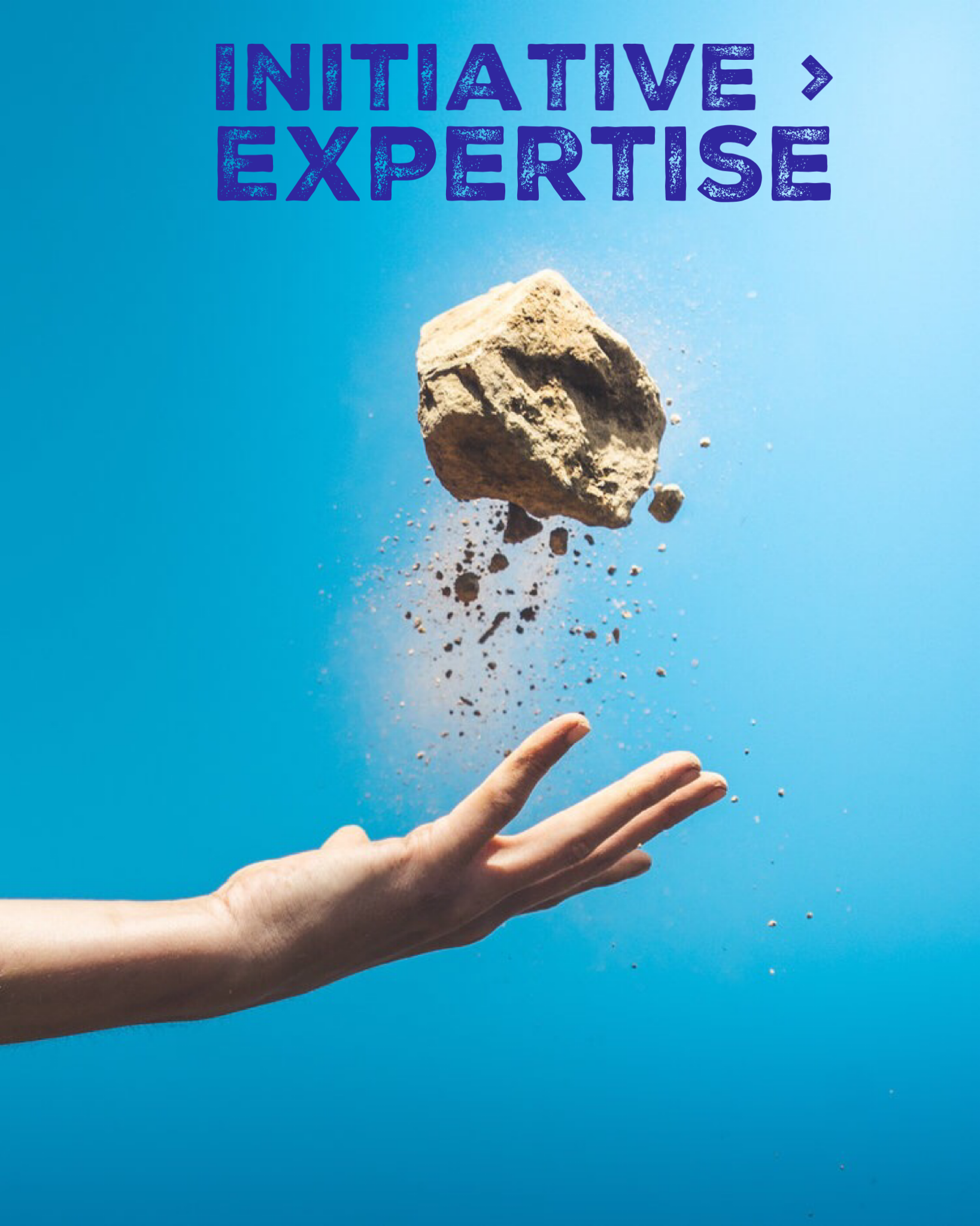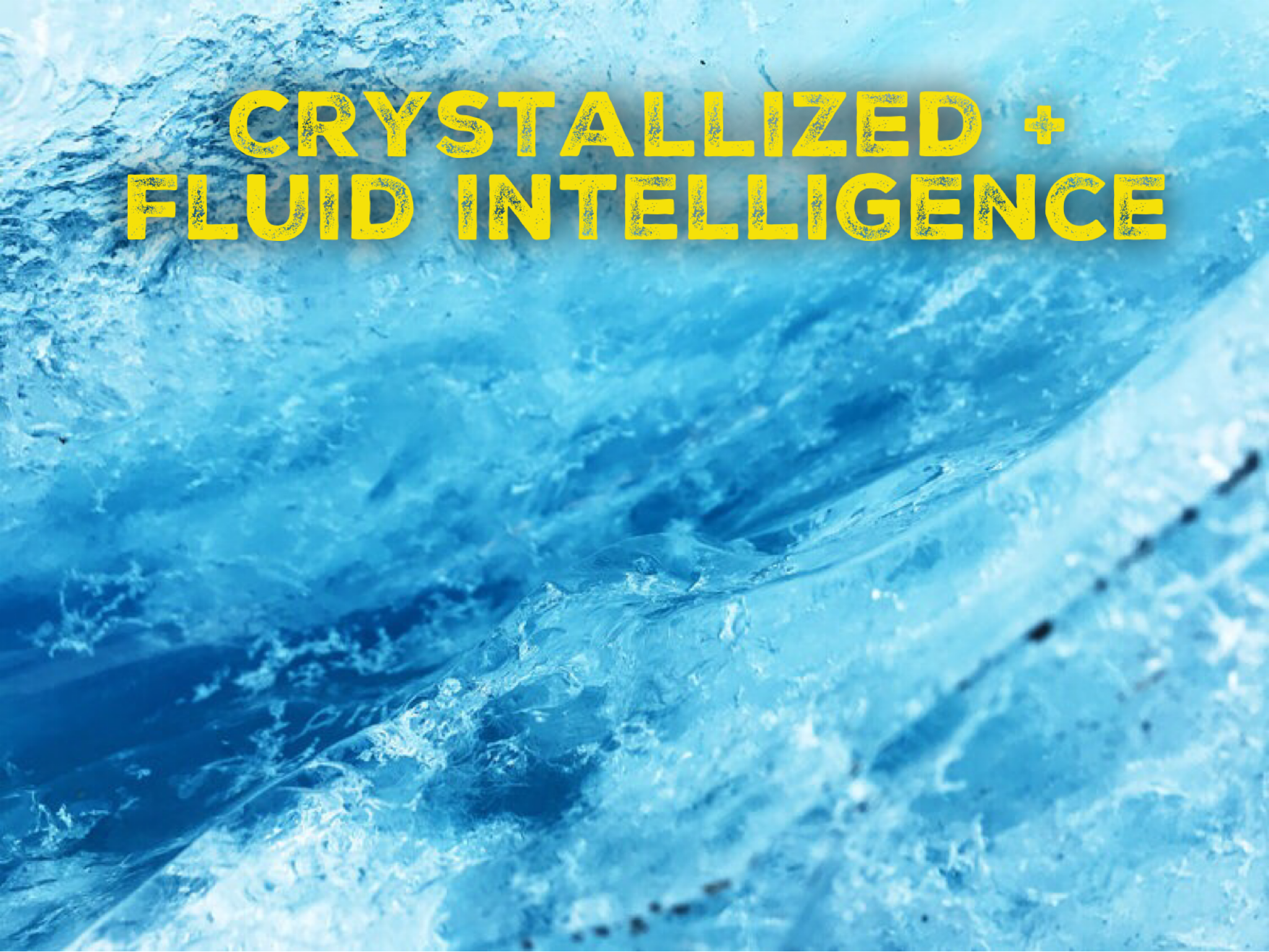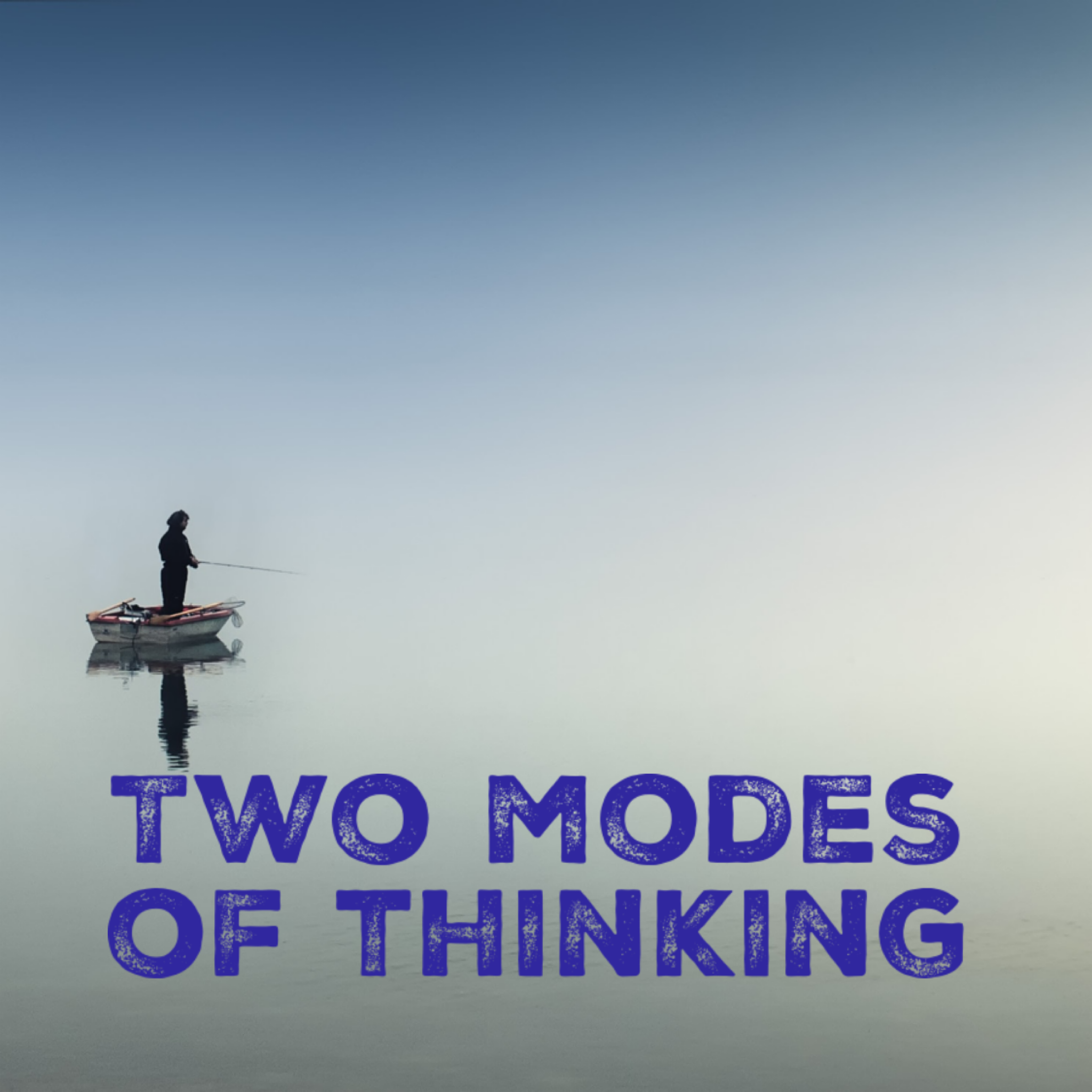School of the Future: Solving for the Unknown > Known
Imagine that once or twice a month your work consists of responding to an RFP (request from proposal).
Those RFPs contain information about new medicines, therapies, or other healthcare innovations.
Your team has a framework for crafting a proposal, but 90% of the time the team knows little-to-nothing about these medicines or therapies. (And innovations are, by definition, things that you would not know about.)
Within two weeks you need to:
understand sophisticated scientific concepts (e.g., isotopes, agonists and antagonists, etc.)
develop insights into how those concepts are translated into a commercially viable product
develop insights into how consumers will relate to this product
design a creative proposal to influence the market
deliver a team presentation that convinces the client that you are the best agency to hire
This is not a hypothetical; this is real life for public relations professionals. And it adds up to one thing:
The majority of their work requires them to confront unknowns on a constant basis.
This accords with research from Deloitte’s Center for the Edge, which determined in a 2017 study that “60-70% of workers in big companies spend their days dealing with the exceptions to the structured tasks they are nominally hired to accomplish.”
But this isn’t just a matter of work.
When adversaries create disinformation campaigns in our Twitter or Facebook feeds, we are encountering the VUCA world.
When a video of high school students gathered around a Native American elder provokes polarized and polarizing invective, we are encountering the VUCA world.
Healthcare RFPs, disinformation campaigns, abberant behavior shared virally... they don’t teach you about this stuff in school.
And even if they did, by the time a teacher were to design a lesson, the problem would have morphed into a new unknown.
School is organized around students solving known problems—quadratic equations, five-paragraph essays, multiple choice quizzes, and more. And to be clear, these things are (generally) important for establishing baseline skills and knowledge.
But it also leaves out something essential:
How will our learners navigate the irreducible complexity of the VUCA world?
How will they learn to confront—and solve—more unknowns than knowns?
How will they thrive in their work? How will they act as empowered citizens? How will they engage in personal and social sensemaking?
Someone has to create the conditions for learners to grapple with the unknown, to treat failure as learning, and to develop habits of mind and spirit that will sustain them not for the next few years, but for the next several decades.
If your school doesn’t design those conditions… who will?
***
For more in the "School of the Future” series, click on the tiles below.
***
Thank you for reading this post from Basecamp's blog, Ed:Future. Do you know someone who would find the Ed:Future blog worthwhile reading? Please let them know that they can subscribe here.






